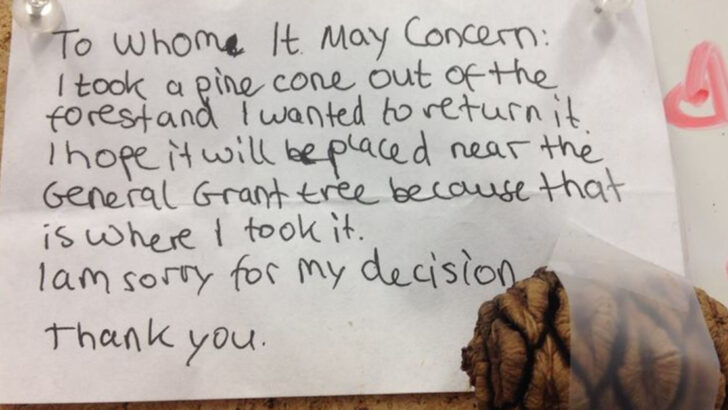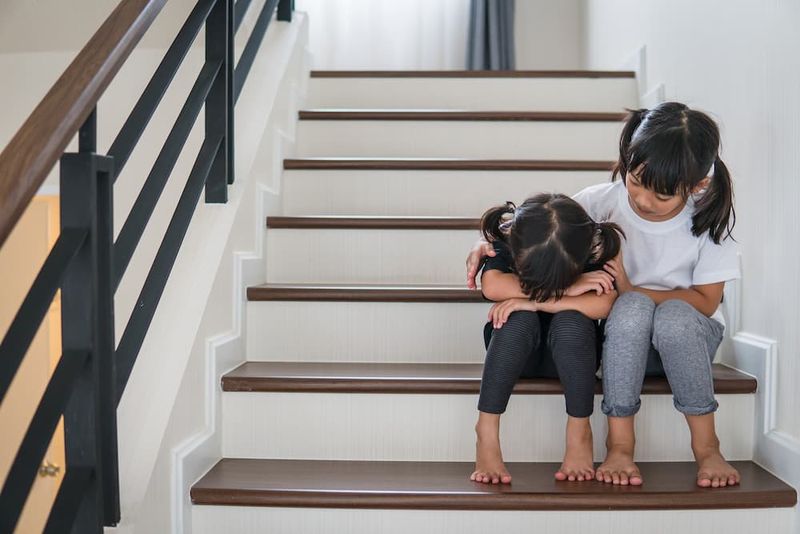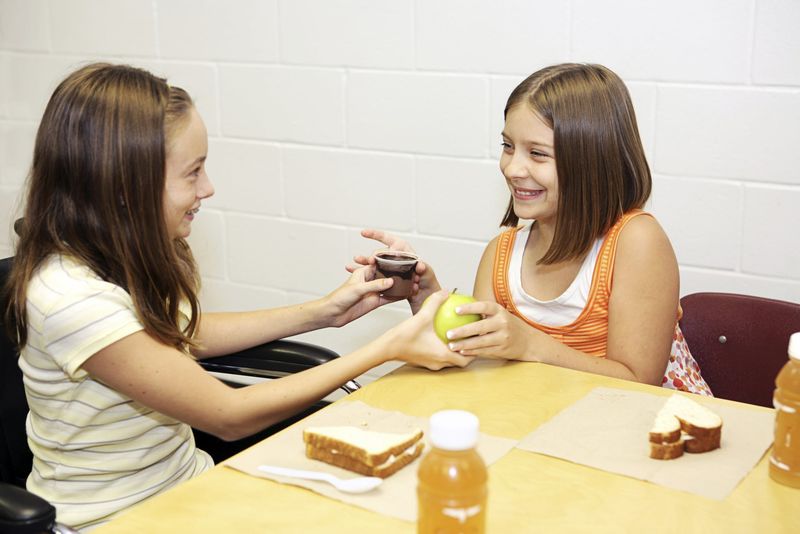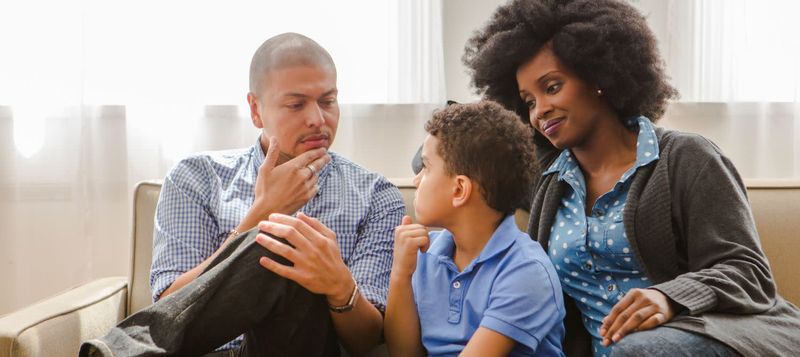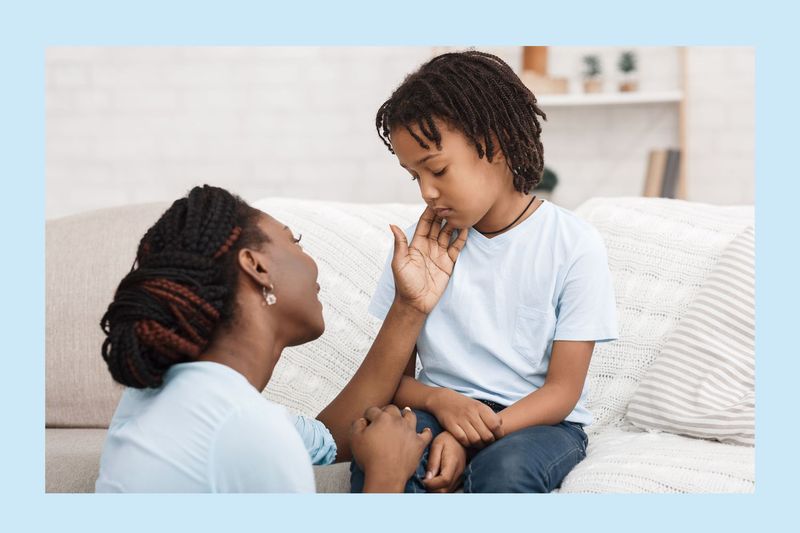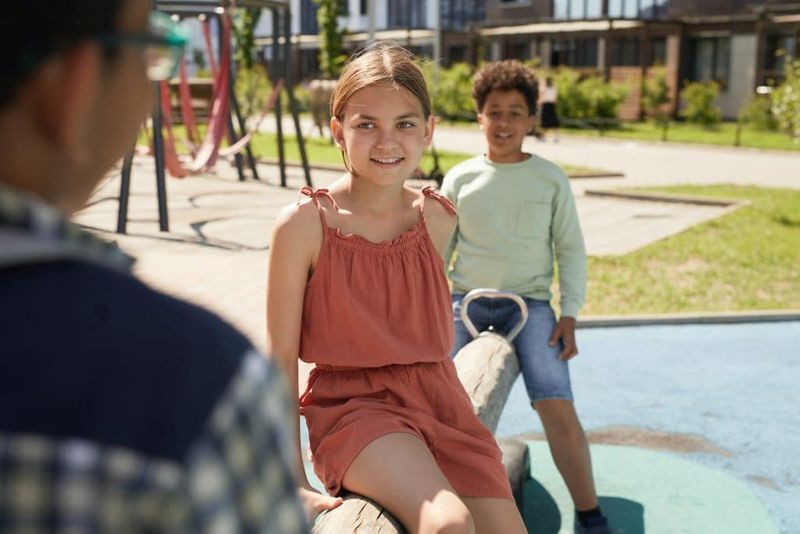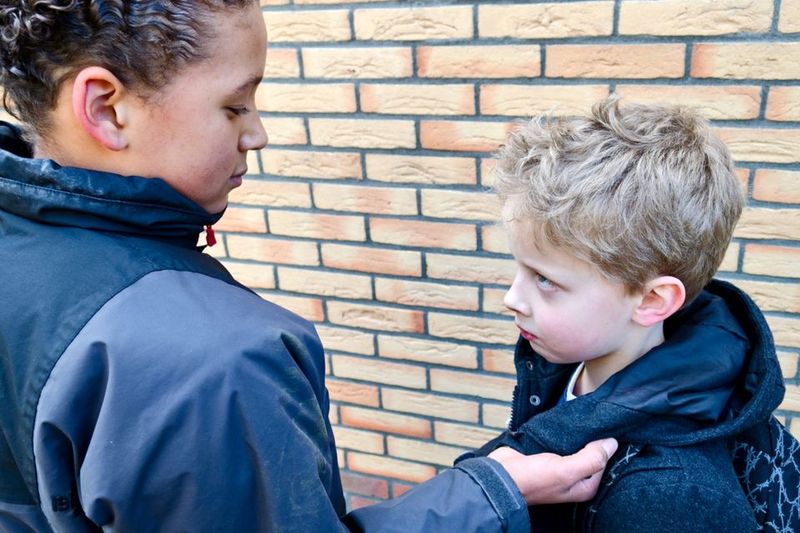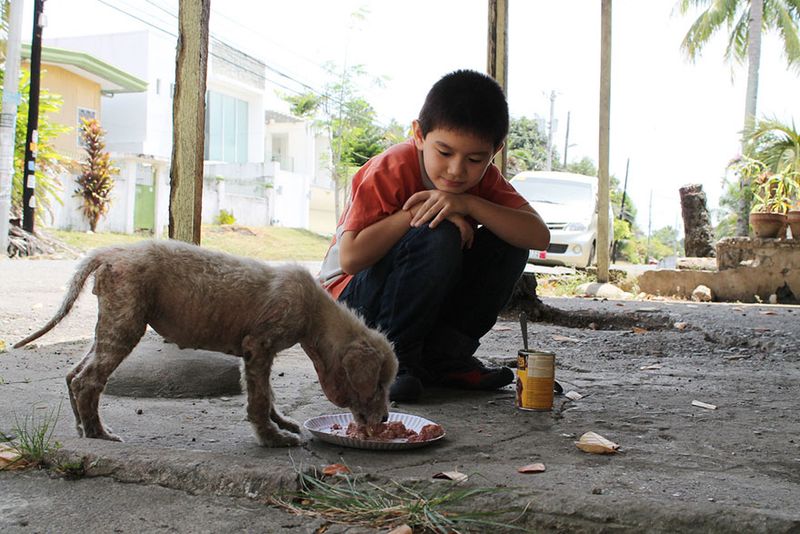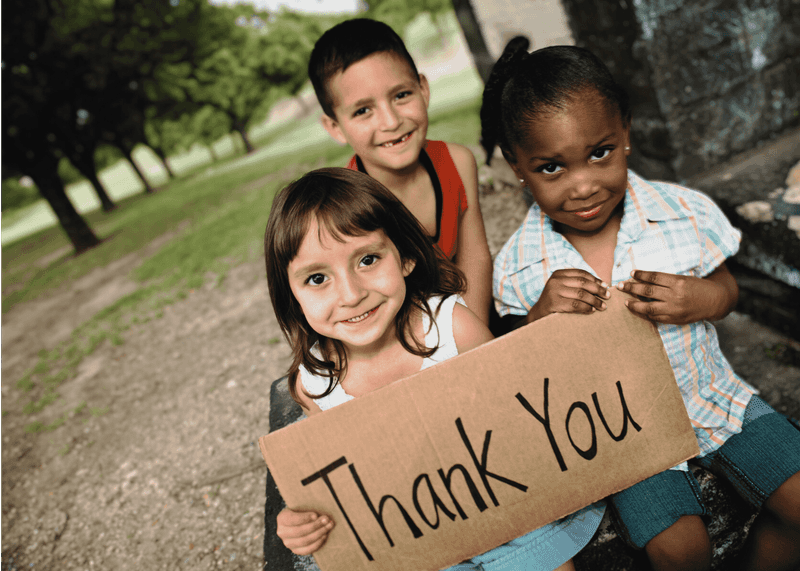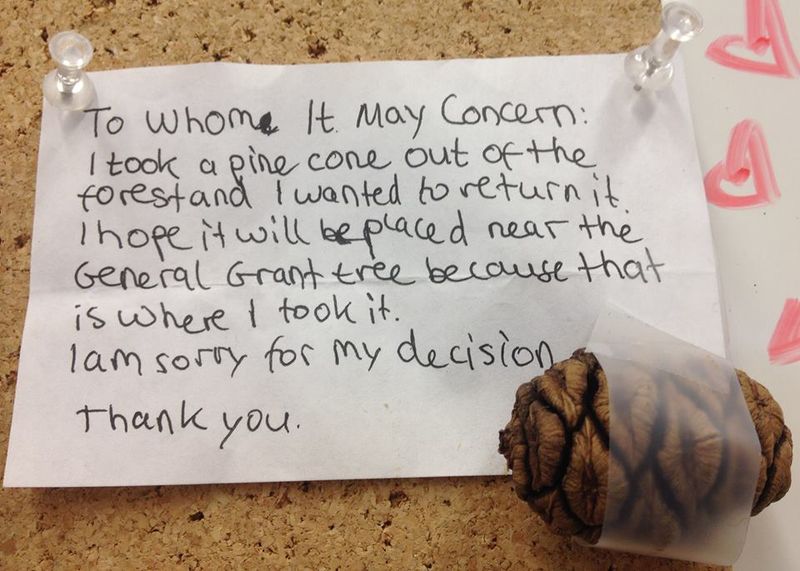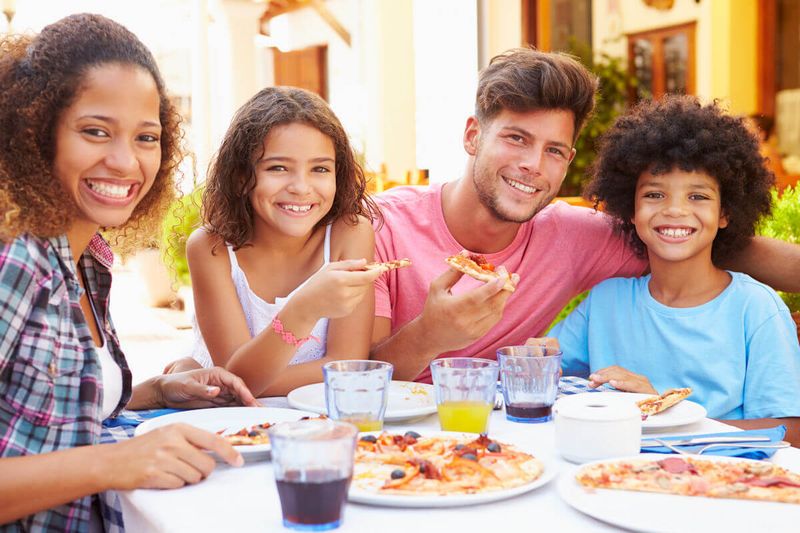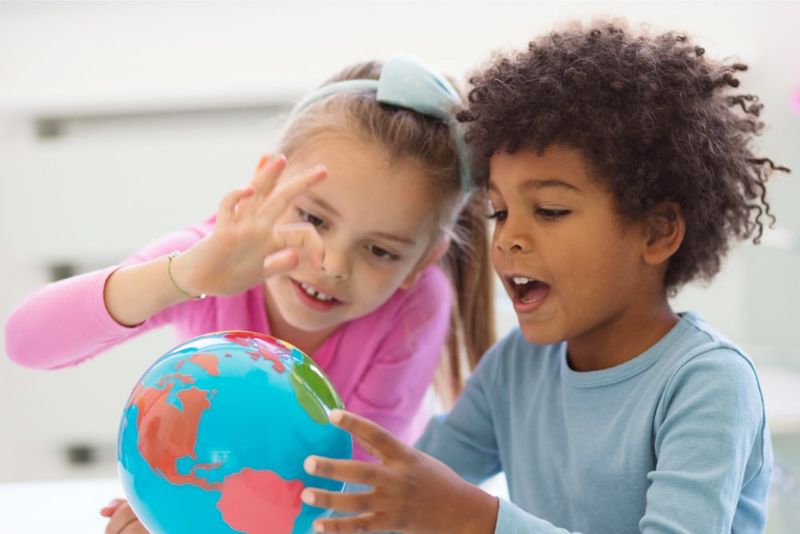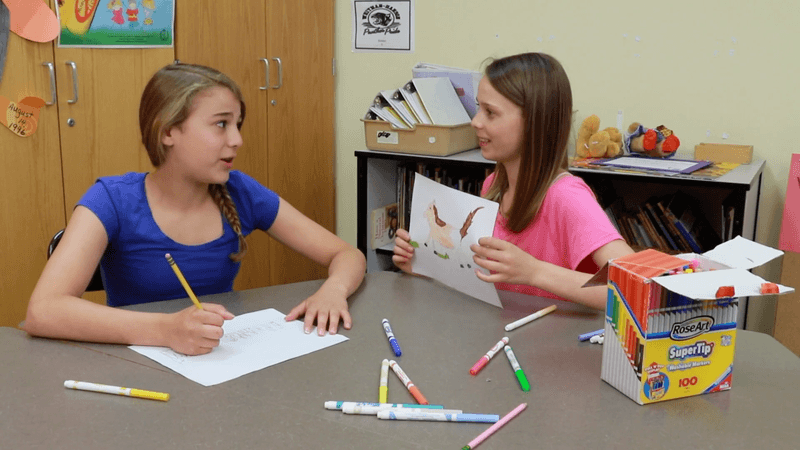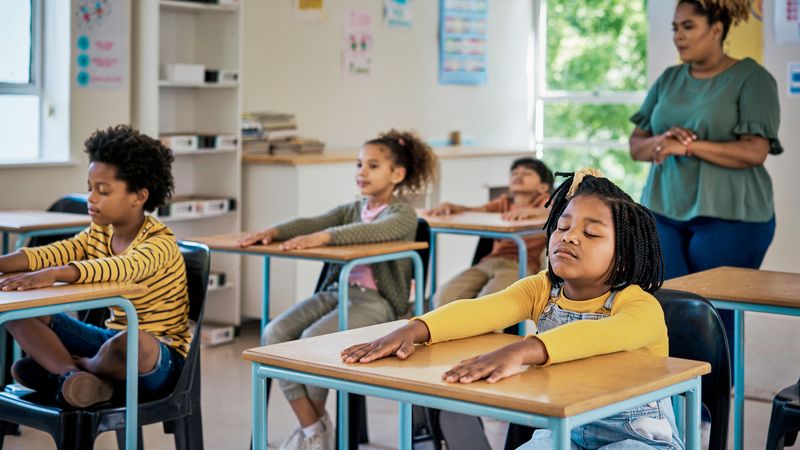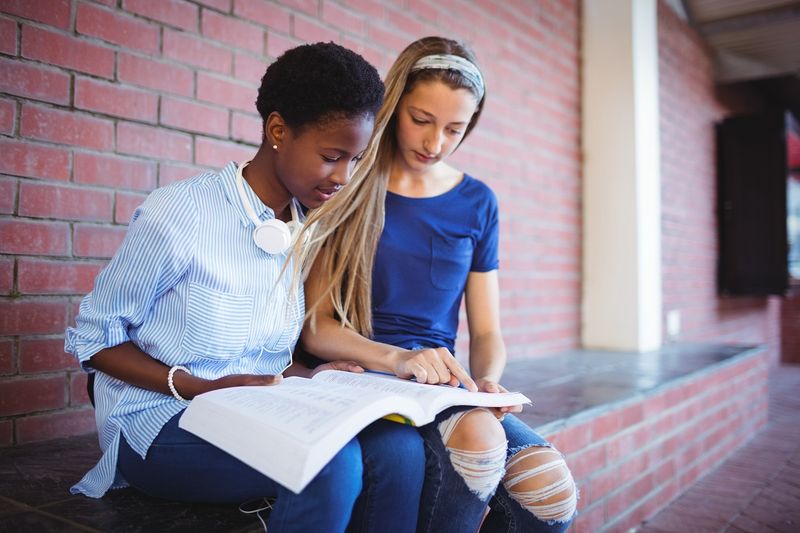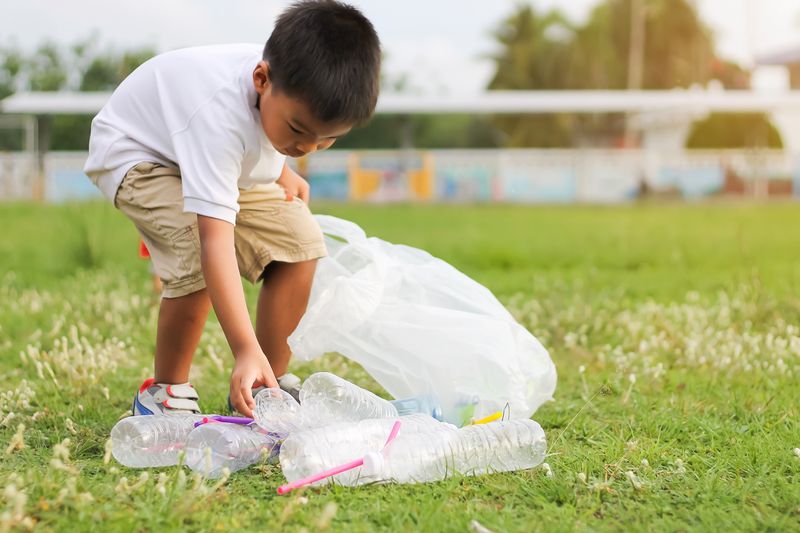You know those nights when you wonder if you’re getting any of this right? When you replay the moments you lost your temper, or the times your child said something so honest it almost knocked you over—good or bad.
A verdade é a seguinte: raising kind kids isn’t about having perfect children or being a flawless parent. It’s about the daily, gritty choices to show up, to listen, and to care, even when it’s hard.
These 17 signs aren’t a checklist for bragging rights. They’re the real, sometimes messy, always beautiful signals that your child is growing into a truly decent human being. The world needs more of those. And honestly? So do we.
1. They Comfort Someone Who’s Sad
Ever noticed your kid pause mid-play to sit with a friend who’s crumpled on the bench, shoulders shaking? That’s empathy in action, not a lesson they learned from a cartoon, but something deeper—a gut-level tug to care.
Sometimes they hand over their snack or draw a wobbly picture to cheer someone up. The details don’t matter as much as the instinct: they saw pain and moved toward it, not away.
The world’s full of people who look away when it gets uncomfortable. If your child leans in, you’ve taught them something rare.
2. They Share Without Being Asked
Generosity never comes out sounding as sweet as when it’s spontaneous. It’s not about points or praise—it’s about that split-second decision to put someone else’s happiness above their own.
You probably didn’t see it the first time. Maybe you only hear the story from another parent, surprised that your child gave away their favorite toy. That’s the stuff that sticks. No one told them to do it, and more importantly, no one had to.
These moments don’t show up on report cards, but they’re the foundation of a kinder world. So next time you see that simple, quiet act? Notice it. Celebrate it. That’s real gold.
3. They Tell the Truth, Even When It Stings
Some kids can lie like it’s nothing, but honesty—real, uncomfortable, not-sure-how-this-will-go honesty—takes guts. Maybe your kid confessed to breaking the lamp before you found out. Or maybe they owned up to something bigger, even though it meant losing out.
There’s a sharp edge to telling the truth, especially when it would have been easier to hide. But the moment they choose truth over escape, you see the roots of integrity.
The courage it took to tell you? That’s what will serve them long after childhood scrapes are forgotten. There’s strength in that kind of honesty—raw and sometimes scary, but always real.
4. They Admit When They’re Wrong
How many adults do you know who can say, “I messed up” without a whole lot of excuses? If your kid can, pause and take notice. It usually starts with a mumble—maybe a squeezed-out “Sorry,” after a game gets too heated or a friend gets left out.
When your child circles back, admits they were wrong, and tries to make it right, that’s real growth, not just words. They’re owning their part, not blaming or hiding.
Mistakes are guaranteed. Accountability isn’t. If your child can face hard truths about themselves, you’re raising someone who won’t run when things get rough. That’s rare courage—and it matters more than any straight-A report card ever could.
5. They Notice Who’s Left Out
Remember the kid who always picked the last kid for their kickball team? Probably not, because most didn’t. But the one who notices—the one who stops mid-run and waves over the shy kid, even if no one else does? That child is different.
Inclusion is not just a buzzword; it’s an action. When your child says, “Hey, do you want to play?” to someone standing alone, they’re doing more than filling a spot. They’re telling someone, “You matter.”
This isn’t about being popular, it’s about being aware. That’s empathy in motion. It’s easy to look away. It’s brave to reach out.
6. They Stand Up for Others
Most people freeze when someone is being picked on. But if you’ve seen your child step between a bully and their target, or even just say, “That’s not okay,” you know how rare that is. It’s a risk, even when the stakes seem small.
Standing up isn’t always loud. At times it’s a quiet, steady refusal to join in the meanness, or a text to check on the kid who just got left out. It’s the choice to use their voice, even when it shakes.
When your child puts kindness before comfort, they’re not just protecting someone else—they’re building their own backbone. It’s not about being the loudest in the room, but being the one who won’t let cruelty pass unchecked.
7. They Care for Animals, Big and Small
Some kids just have a soft spot for every creature, big or small. Maybe your child is the one who catches a bug in a cup just to set it free outside, or spends extra time refilling the dog’s water bowl after everyone else forgot.
Animals need gentle hands and patient hearts, and when your child shows that—without being asked—you know there’s tenderness there. It’s not about being a future vet or animal activist. It’s about seeing a living thing in need and responding with care.
Kindness to animals is usually the first glimpse of empathy that shows up in childhood. Watch how your child treats the tiniest life. There’s a quiet, steady beauty in it, and it hints at how they’ll show up for humans, too.
8. They Say Thank You (and Mean It)
It’s easy to rattle off a thank you out of habit. But when your kid pauses, looks someone in the eye, and says it because they actually mean it—something lands different. Gratitude isn’t just manners. It’s noticing what others do and naming it.
Maybe it’s a whispered thanks to a coach after a hard practice, or a sticky note left on your nightstand. Kids who feel grateful notice the effort that goes into the little things.
Whenever your child says thank you and it’s not for show, they see people, not just services. That’s how gratitude roots itself and grows into a lifelong habit. It’s honest, and it keeps them grounded.
9. They Offer Help Without Being Asked
There are kids who wait to be told, and then there are the quiet helpers—the ones who see a struggle and jump in. Maybe you found your child hauling laundry up the stairs before you even asked, or noticed them helping a neighbor bring in their bins.
It’s tempting to brush these moments off as “just being responsible,” but it’s more than that. It’s a radar for need, tuned in even when no one is watching. They don’t help for applause; they just do it.
That willingness to step in, unprompted, is rare. It speaks to a heart that’s paying attention, not just to itself but to everyone moving around it. That’s kindness in motion, and it matters.
10. They Apologize and Make Amends
Saying sorry is easy enough. But making it right? That’s next-level. Maybe your kid scribbled an apology note or spent their own allowance to replace what they broke.
An apology is just the entry ticket. Real growth comes in the follow-through—the small, sweaty-palmed effort to repair what was damaged, not just in words but in action.
Kids who circle back, who try to right their wrongs, are learning something big: mistakes don’t define you, but what you do next absolutely does. When your child steps up to fix what they broke, however clumsily, they’re on their way to being someone you trust.
11. They Respect Different Opinions
Some kids argue everything just for the sport of it. But when your child can sit, listen, and not blow up when someone disagrees? That’s huge. Maybe they ask questions rather than just shouting back.
It’s not about giving in or pretending to agree. It’s about holding space for someone else’s point of view, even if it’s wildly different from their own. You might see it at the dinner table, or when a friend likes a different band.
The world doesn’t reward listening as much as it should. But if your child can disagree without disrespect, they’re way ahead of the game. That’s how real conversations—and real change—start.
12. They Remember the Little Things
Did you ever have your kid remind you of something you forgot yourself? Maybe they hid a note in your lunch or knew you needed a hug without you saying a word. These tiny acts are the proof that they’re paying attention.
Kindness isn’t always grand gestures. At times it’s just remembering you like your coffee a certain way or that your friend’s hamster passed away last week. They hold these details and act on them.
When your child surprises you with a small, meaningful gesture, it shows you’re not just background noise. It’s their way of saying, “I see you.” And being seen is everything.
13. They Show Curiosity About Others’ Lives
Questions can be annoying (“Why is the sky blue?”), but when your child’s curiosity turns outward, it’s a game-changer. Maybe they ask about a friend’s holiday or want to know why someone wears a headscarf.
Curiosity, when it’s not nosy but genuinely thoughtful, is the root of compassion. They want to understand—not just for the sake of knowing, but to connect. You’ll see it when they listen to stories, not just wait for their turn to talk.
That hunger to learn about others is how empathy grows. When they ask real questions and care about the answers, they’re building bridges without even realizing it.
14. They Give Compliments That Matter
There’s the throwaway “Nice shirt,” but then there’s the compliment that actually lands. If your child can spot what makes someone different and celebrate it, they’re seeing more than the surface.
Maybe they tell a friend they’re brave for trying out for the play, or notice how a teacher always smiles. These words stick longer than you think. Real compliments are specific and come from paying attention.
When your child makes someone else feel truly seen, not just noticed, they’re offering a kind of everyday magic. The world remembers that kind of kindness. So do the people in it.
15. They Manage Their Anger Without Hurting Others
Meltdowns happen—kids, adults, everyone. But when your child finds a way to manage big feelings without taking it out on others, you’re seeing hard-won emotional strength. Maybe they ask for space, or use words instead of fists.
It’s not about squashing anger but learning what to do with it. You might see your child walk away, write it out, or just breathe. These are survival skills, not just manners.
Kids who can hit pause and choose kindness even when they’re mad are rare. That’s the real test—not what they do when things are easy, but what happens when they’re pushed to the edge.
16. They Support Friends Through Tough Times
Everyone loves a party friend, but what about the one who shows up when stuff falls apart? If your kid checks in on a friend after a bad test, or sits next to them after a rough day, they’re showing true loyalty.
It’s not always dramatic. Now and then, it’s just a text, or sitting quietly without demanding conversation. They know when to speak and when to just be there.
Being a comfort during the hard times is more than friendship—it’s a kind of lifeline. When your child is the one others lean on, it’s because they’ve learned how to be steady, not just fun.
17. They Own Their Impact on the World
Some kids see trash on the sidewalk and walk right by. But the one who stops, picks it up, and finds a bin? That’s someone who gets that the world doesn’t fix itself. Responsibility looks like action, not just intention.
Maybe your child started recycling at home, or reminded you to turn off the lights. These efforts can seem small, but they add up. They’re learning that their choices matter, even when nobody’s watching.
When your kid chooses to act—not just complain about what’s wrong—they’re claiming their place in the world as someone who makes it better.

